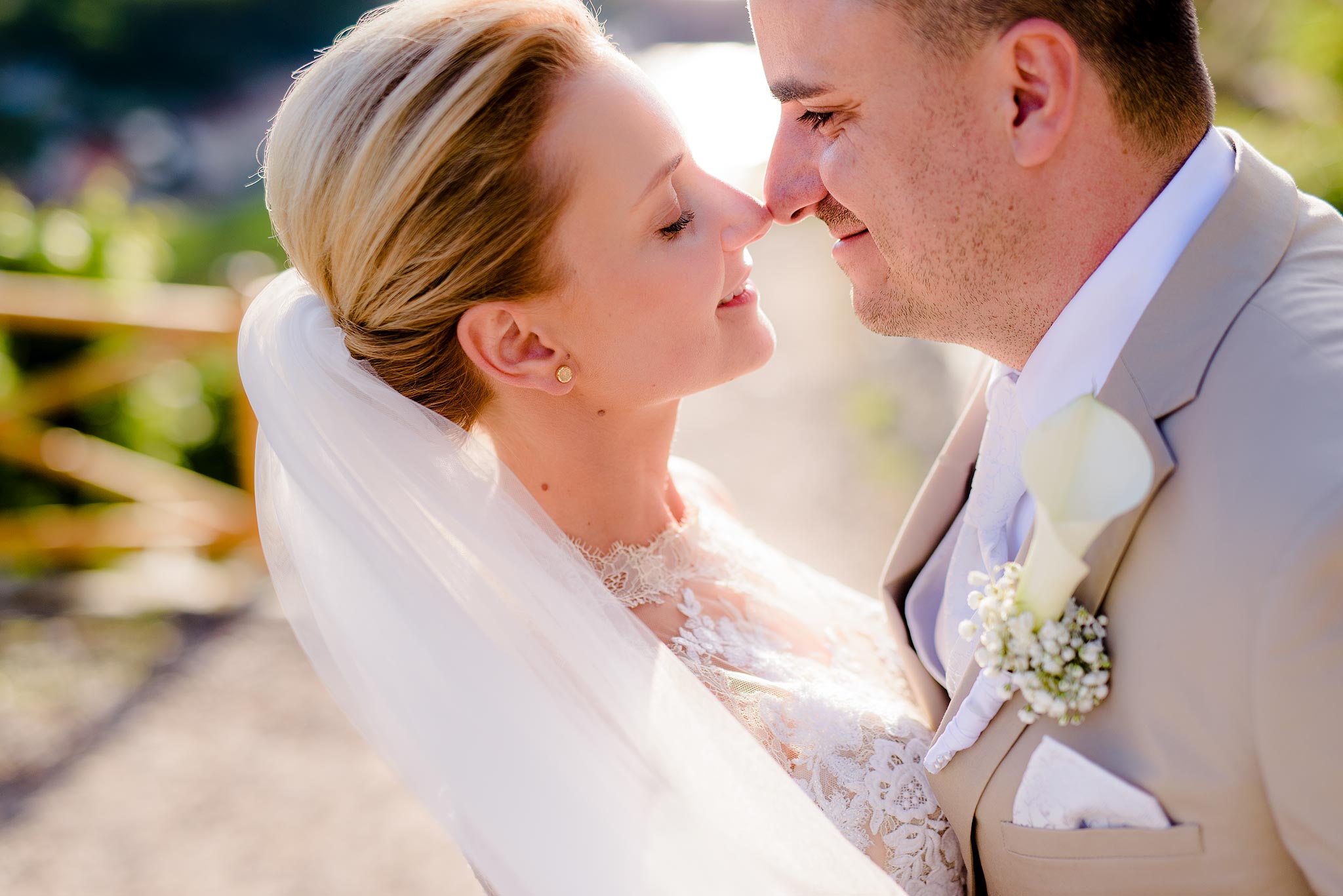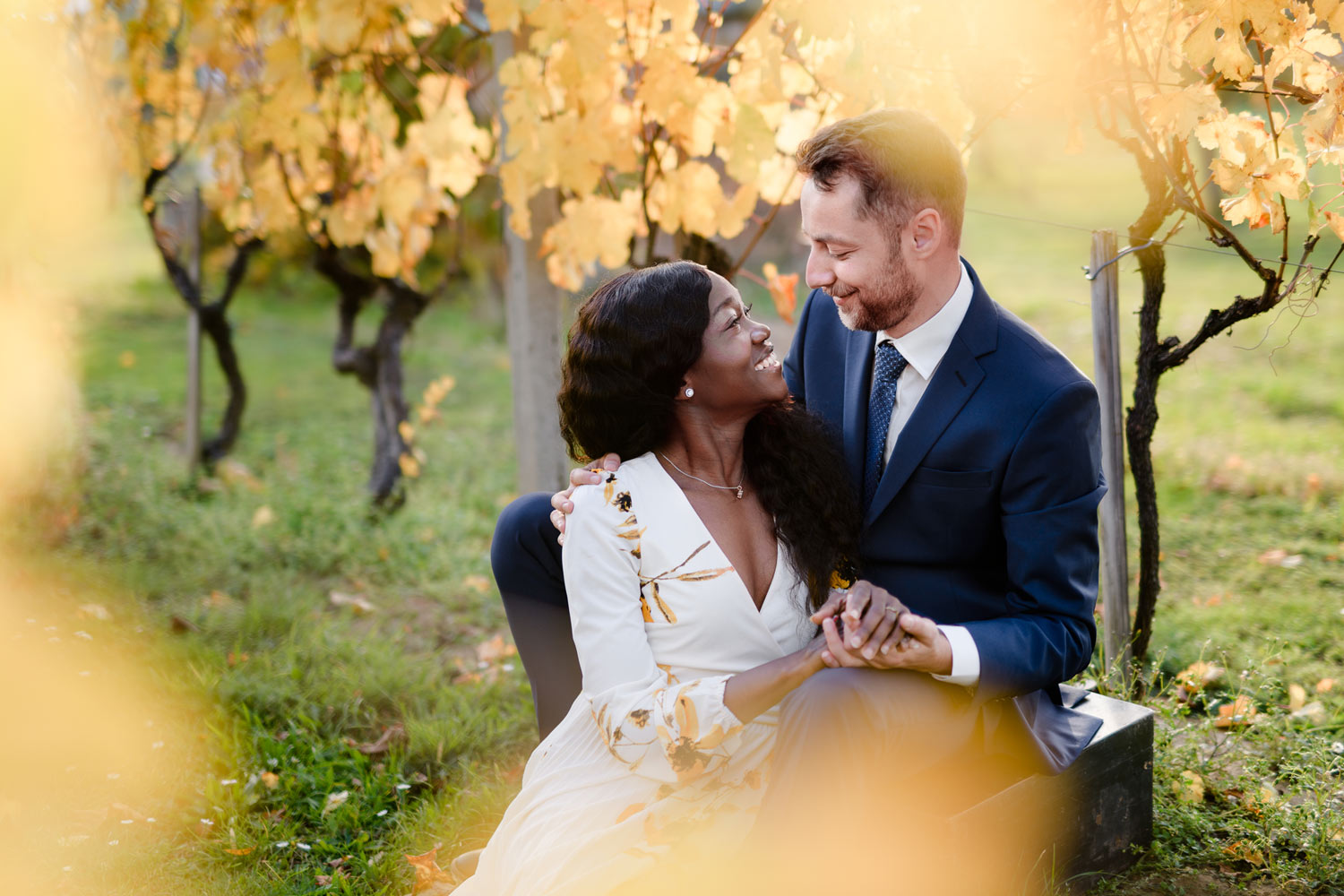
Planning a wedding can be an exciting but overwhelming experience. There are many things to consider and decisions to make, and it's important to be aware of potential pitfalls in order to ensure that your big day goes smoothly. Here are some things to watch out for when planning your wedding:
- Budget: Weddings can be incredibly expensive, and it's important to set a budget and stick to it. Before you start planning, sit down with your partner and figure out how much you can afford to spend. Be realistic about what you can afford, and don't be swayed by the latest trends or pressure from family and friends. Make sure to factor in all of the costs, including the venue, catering, attire, flowers, photography, and entertainment. It's also important to research and compare prices for different options and vendors. You can also consider hiring a wedding planner to help you with budgeting and negotiating with vendors.
When creating your budget, it is important to prioritize the elements that are most important to you and your partner, and allocate a larger portion of your budget to those. For example, if photography is a high priority, you may want to allocate more funds towards hiring a professional photographer. Similarly, if you desire a lavish venue, you may need to allocate more funds towards the venue rental.
One of the benefits of hiring a wedding planner is that they can help you stay within your budget and negotiate with vendors to get the best deals. They also can help you prioritize and make the most of your budget. A planner can also help you identify areas where you may be able to cut costs without sacrificing the overall look and feel of your wedding.
- Guest list: Deciding on who to invite to your wedding can be tricky. You want to include all of your closest friends and family, but you also don't want to leave anyone out. It's important to communicate with your partner and make sure that you both agree on the guest list. Also, consider the size of the venue, and whether it can accommodate your desired guest list. Be prepared for some guests to decline your invitation and keep an alternate list of guests as a backup.
It's also important to consider the cost per head when creating your guest list. The more guests you have, the more expensive your wedding will be. It's important to keep this in mind when creating your guest list and determining the size of your wedding.
Another consideration is whether or not to have a children-friendly wedding. While some couples prefer to have only adults in attendance, others may want to include children. If you choose to have a children-friendly wedding, it's important to consider the logistics of accommodating for children, such as providing a children's menu or hiring a babysitter.
A wedding planner can also help with guest list management and can offer suggestions on how to keep the guest list at a manageable size while still ensuring that all important people are included. They can also help with addressing and mailing out invitations, as well as tracking RSVPs.
- Venue: Finding the perfect venue is crucial, as it sets the tone for your wedding. Be sure to visit a few different venues and consider factors such as location, capacity, and amenities. Also, make sure to check the availability of the venue on your desired wedding date. Research and compare prices, and also consider the additional costs such as parking, cleaning, and setup fees.
When choosing a venue, it's important to consider the overall aesthetic and how it aligns with your wedding vision. You should also consider the location and whether it's easily accessible for your guests. Additionally, it's important to consider the capacity of the venue, and whether it can accommodate your guest list and any additional vendors such as catering or entertainment.
A wedding planner can be extremely helpful when it comes to venue selection. They have a wealth of knowledge and experience when it comes to venues, and can often offer suggestions that you may not have considered. They can also help you navigate the booking process and handle
any additional logistics such as coordinating with the venue's staff and handling setup and cleanup. They can also assist with creating a floor plan and layout for the event, ensuring that everything runs smoothly on the day of the wedding.
- Vendors: Choosing the right vendors is essential to making your wedding a success. Do your research, read reviews, and ask for references. Be sure to meet with vendors in person and ask questions about their experience and what they can offer. Also, make sure to get everything in writing and review the contract carefully before signing. Don't hesitate to negotiate for better prices or services.
When selecting vendors, it's important to consider their experience and expertise, as well as their availability on your wedding date. You should also consider their communication style and how well they align with your vision for the wedding. Additionally, it's important to consider the quality of their work and to ask for references or to see a portfolio of their previous work.
A wedding planner can help with vendor selection by providing a list of recommended vendors and can negotiate on your behalf to get the best deals and services. They can also assist with coordinating and communicating with vendors, ensuring that all details are taken care of and that everything runs smoothly on the day of the wedding.
- Timeline: Creating a timeline for your wedding is important to ensure that everything runs smoothly. Be sure to allow enough time for hair and makeup, photos, and other pre-ceremony activities. Also, make sure to communicate your timeline to all of your vendors, including the DJ or band, photographer, and caterer. It's also important to have a detailed schedule for the day of the wedding, and to distribute it to all vendors and wedding party members.
When creating a timeline, it's important to consider the logistics of the wedding and to allow enough time for each aspect of the event. This includes things like hair and makeup, photography, and transportation. It's also important to consider the timing of the ceremony and reception, as well as any other events or activities that may be taking place on the day of the wedding.
A wedding planner can assist with creating a detailed timeline, ensuring that all aspects of the wedding are taken into consideration and that everything runs smoothly. They can also assist with coordinating and communicating with vendors and wedding party members, making sure that everyone is aware of their responsibilities and when they are needed.
- Weather: Be prepared for the weather on your wedding day. If you're planning an outdoor wedding, have a backup plan in case of rain or other inclement weather. Also, consider the time of year and the temperature, and make sure to have fans or air conditioning available for your guests. It's also important to have a contingency plan for outdoor weddings, in case of extreme heat or cold.
The weather can be an unpredictable factor when planning a wedding. It's important to consider the time of year and the forecast for the day of the wedding and to have a backup plan in case of inclement weather. This can include things like renting tents or arranging for a covered area in case of rain. Additionally, it's important to consider the temperature and to have fans or air conditioning available for guests if it's hot, or heaters if it's cold.
A wedding planner can assist with weather contingency planning, ensuring that all aspects of the wedding are taken into consideration and that everything runs smoothly even in case of inclement weather. They can also help with arranging for additional equipment or services such as tents or heaters.
- Legal requirements: Make sure to check and fulfill all legal requirements for getting married. This includes obtaining a marriage license and having the ceremony performed by a licensed official. Also, be sure to
check any additional requirements for destination weddings. It's also important to research and understand any cultural or religious customs that may be applicable to your wedding.
Each state and country has different legal requirements for getting married, so it's important to familiarize yourself with these requirements and to ensure that all necessary documents are obtained and filed in a timely manner. This includes things like obtaining a marriage license, having the ceremony performed by a licensed official, and registering the marriage.
A wedding planner can assist with navigating the legal requirements, ensuring that all necessary documents are obtained and filed properly. They can also provide guidance on any additional requirements for destination weddings, and can help you understand and incorporate any cultural or religious customs that may be applicable to your wedding.
- Communication: Communication is key when planning a wedding. Be sure to keep your partner and all of your vendors informed of any changes or issues that may arise. Also, make sure to have a designated point person for the day of the wedding to handle any last-minute issues or unexpected surprises. It's also important to have a good communication with your wedding party members, and to keep them informed of any updates or changes.
Effective communication is essential when planning a wedding, as it helps ensure that everyone is on the same page and that all aspects of the wedding run smoothly. This includes communicating with your partner, vendors, and wedding party members to make sure that everyone is aware of their responsibilities and that any issues or changes are addressed in a timely manner.
A wedding planner can assist with communication by serving as the primary point of contact between you, your partner, and all vendors. They can also help with coordinating and communicating with wedding party members, ensuring that everyone is aware of their responsibilities and that any issues or changes are addressed quickly.
Hiring a wedding planner can be a great decision for many couples but it also depends on the couple preferences and their willingness to take on the planning process. Some couples prefer to have more control over the planning process and enjoy the experience of planning their wedding, while others may prefer to have a professional handle the logistics and coordination. A wedding planner can help ease the stress of planning by handling all the details and coordination, leaving you to enjoy the experience of planning your wedding and the big day itself.









